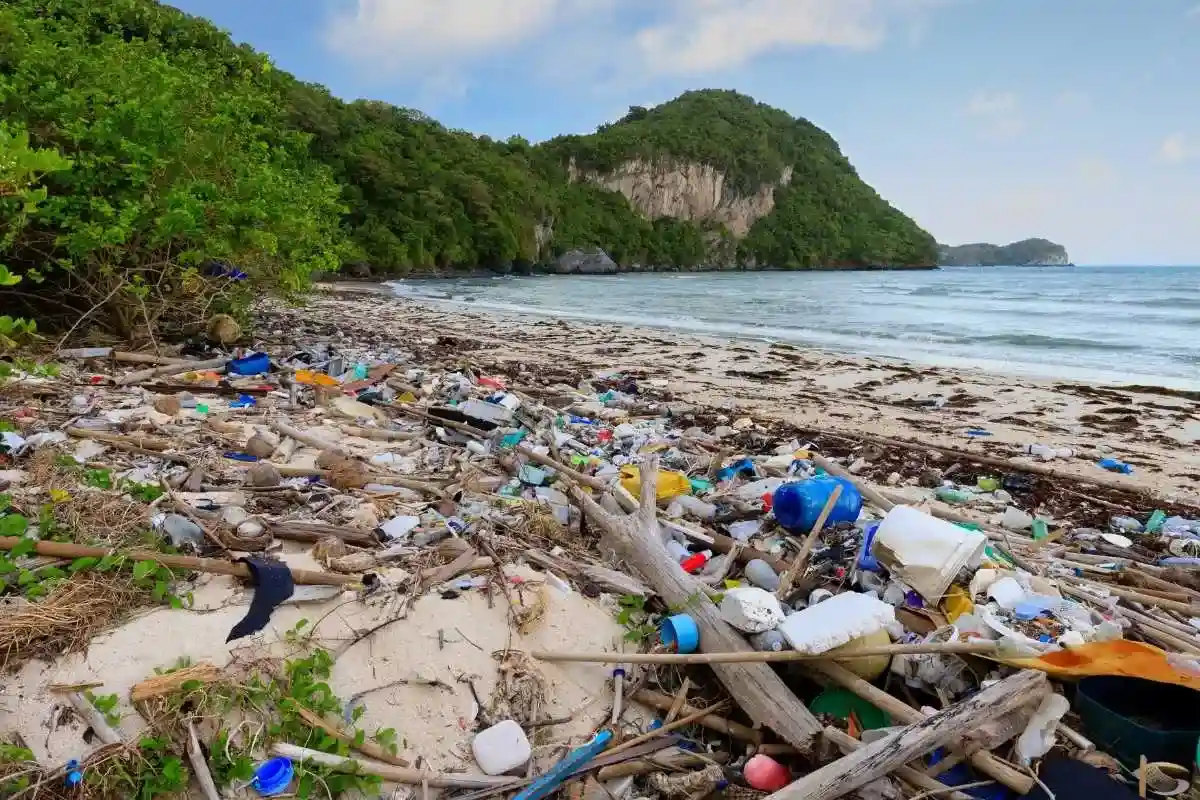
Ocean pollution has become a major global crisis with far-reaching consequences for marine ecosystems, coastal economies, and human health. Plastics, chemical waste, oil spills, and agricultural runoff are poisoning the oceans, threatening wildlife, and disrupting the delicate balance that sustains life beneath the surface. The damage is not limited to the environment, as fisheries collapse, tourism declines, and food security weakens when ocean health deteriorates. Solving this problem requires a united global effort to clean and protect the oceans while addressing the root causes of pollution.
Efforts to restore ocean health range from large-scale cleanup projects to technological innovations like biodegradable materials, improved waste management, and water treatment systems. However, implementing these solutions raises important questions about cost and responsibility. Should countries with higher industrial outputs and pollution levels contribute more to cleanup efforts, or should the financial burden be shared equally among nations? Finding a fair balance between accountability and global cooperation is key to protecting this shared resource.
Businesses and governments both have a role to play in reducing ocean pollution. Companies can invest in sustainable production methods and circular economy practices that reduce waste, while governments can enforce stricter regulations and promote cleaner alternatives. Individuals can also make a difference by reducing plastic use, supporting eco-conscious brands, and participating in local cleanup initiatives.
What efforts and technologies are most effective in cleaning the oceans and preventing further pollution? Should wealthier or more industrialized countries bear greater responsibility for funding ocean cleanup, or should all nations contribute equally? How can businesses, governments, and individuals collaborate to restore marine ecosystems and prevent future harm? What role might innovation and education play in ensuring long-term ocean health?
Use the online submission form when sending your articles to help us track all of your submissions. Please try to write about the above topic. Your response should be at least 1,000 words.
To receive credit, your effort is what matters. You should find ways to contribute thoughtful ideas that will help others. Feel free to use personal stories or other information that you want to share, but do not use real names or other identifying information. You may write your response in the space provided or upload your response. Once we review your response, you will receive credit.
Click the button below to submit your article and get your credit.